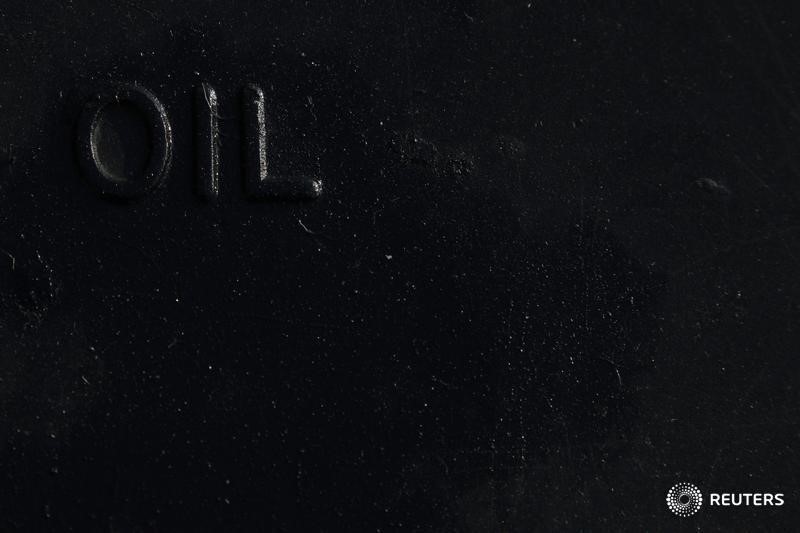Written by Maha El Dahan, Alex Lawler, and Ahmed Ghaddar
VIENNA (Reuters) – Saudi Arabia will cut production in July as part of a broader OPEC+ production cap agreement as the group grapples with falling oil prices and an imminent oversupply.
Saudi Energy Minister Prince Abdulaziz said Riyadh’s cut of 1 million bpd could be extended beyond July if necessary. “This is a Saudi lollipop,” he said.
OPEC+, which includes the Organization of the Petroleum Exporting Countries and its allies led by Russia, reached an agreement on production policy after seven hours of talks and decided to cut global production targets from 2024 by an additional total of 1.4 million barrels per day.
However, many of these cuts will not be real, as the group lowered targets for Russia, Nigeria and Angola to bring them in line with current production levels.
By contrast, the UAE has been able to increase its production.
OPEC + pumps about 40% of the world’s crude, which means that its political decisions can have a significant impact on oil prices.
OPEC+ is already implementing a cut of 2 million barrels per day agreed last year, which is equivalent to 2% of global demand.
In April, it also agreed to a surprise voluntary cut of 1.6 million barrels per day, which took effect in May until the end of 2023.
Saudi Arabia said on Sunday it would extend its share of the voluntary cuts of 0.5 million bpd until 2024. It was not clear if the July cut of 1 million bpd was added to the 0.5 million bpd cut, or if the latter would be included in the cut. July sale.
The April announcement helped push oil prices towards $9 a barrel, above $87, but they quickly fell back due to concerns about global economic growth and demand.
(Reporting by Ahmed Ghaddar, Alex Lawler, Maha El Dahan and Julia Payne. Writing by Dmitry Zhdannikov. Editing in Spanish by Joanna Casas)





